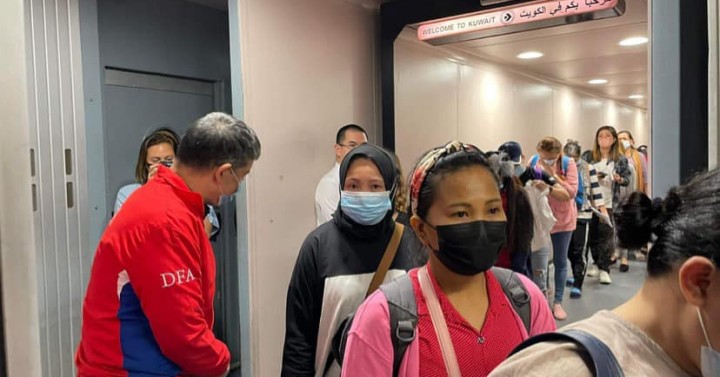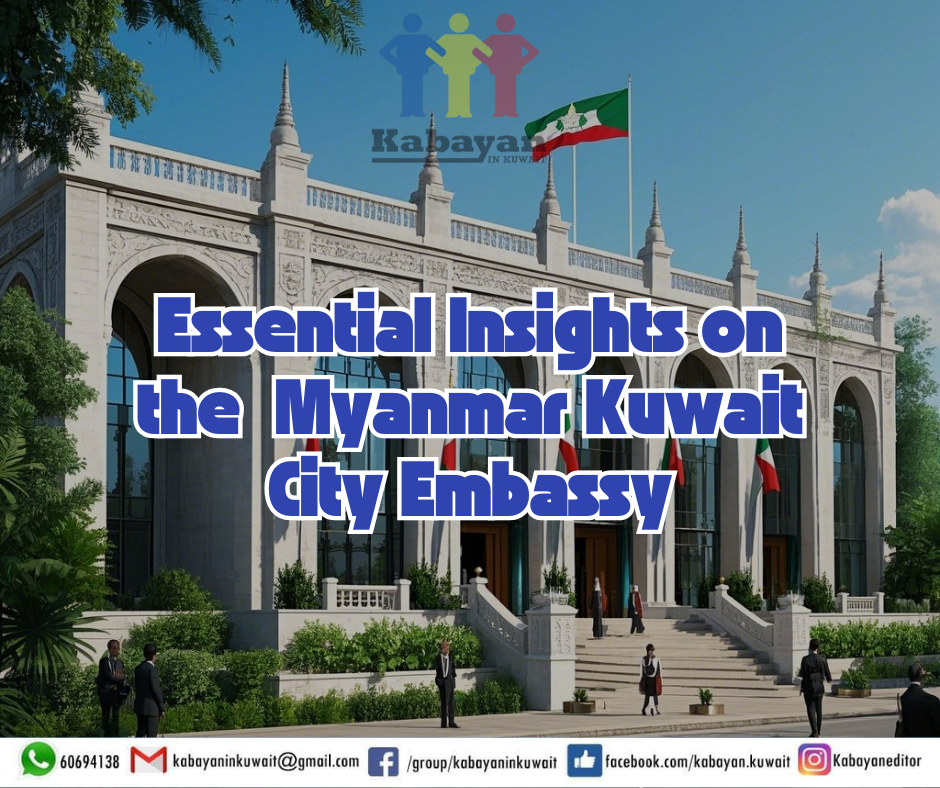
Over the years, Kuwait has been a destination for Overseas Filipino Workers (OFWs) seeking employment opportunities. While working abroad provides financial stability, there comes a time when OFWs contemplate repatriation for various reasons, such as the completion of their contracts, personal choices, or unforeseen circumstances.
This guide aims to assist OFWs in planning a smooth and informed in planning to repatriate from Kuwait to Philippines.
Understanding the Repatriation Process:
Before embarking on the journey back home, OFWs should familiarize themselves with the repatriation process. This involves coordinating with the Philippine Overseas Labor Office (POLO) and the Overseas Workers Welfare Administration (OWWA). These government agencies play a crucial role in facilitating the repatriation process, ensuring the welfare and safety of Filipino workers.
Document Preparation:
Gather all necessary documents well in advance to avoid any last-minute hassles. This includes a valid passport, employment contract, OWWA membership records, and any other relevant paperwork. Make copies of these documents and keep them in a secure folder for easy access during the repatriation process.
Settlement of Financial Matters:
Before leaving Kuwait, OFWs should settle any outstanding financial obligations, such as loans or debts. This ensures a clean break and prevents any legal issues that may arise in the future. Notify the employer of the decision to repatriate and settle any pending salary or benefits.
Attend Pre-Departure Orientation Seminar (PDOS):
Participating in a Pre-Departure Orientation Seminar organized by the OWWA is crucial. The seminar provides valuable information on reintegration programs, legal aspects, and essential tips for returning OFWs. Attendees gain insights into the challenges they might face upon their return and learn how to overcome them.
Emotional and Psychological Preparation:
Returning home after an extended period abroad can be emotionally challenging. OFWs should prepare themselves and their families for the adjustments that come with repatriation. Seek support from fellow OFWs who have undergone similar experiences and consider joining support groups for a smoother transition.
Explore Reintegration Programs:
The Philippine government offers various reintegration programs to assist OFWs in reintegrating into society. These programs cover livelihood training, financial assistance, and educational support. OFWs should explore these opportunities to help them rebuild their lives back home.
Stay Informed:
Keep abreast of the latest updates and regulations related to repatriation. Follow official government announcements and regularly check with the Philippine Embassy or Consulate in Kuwait for any changes in procedures or requirements.
Returning home after working abroad is a significant life event that requires careful planning and preparation. By understanding the repatriation process, settling financial matters, attending orientation seminars, and availing reintegration programs, OFWs can ensure a smooth transition back to their homeland. Remember, repatriation marks the beginning of a new chapter, and with the right mindset and preparation, OFWs can build a brighter future in the Philippines.
For more Kuwait Blogs: Click Here
Who should pay for my repatriation from Kuwait?
Government Assistance: The Philippine Overseas Workers Welfare Administration (POEA) may provide financial assistance for repatriation in specific situations, such as maltreatment, abuse, or abandonment by the employer.
What is the process of repatriation from Kuwait?
Exit Clearance: You may need an exit visa or clearance from your employer and Kuwaiti authorities.
Travel Documents: Ensure your passport is valid and you have the necessary travel documents.






